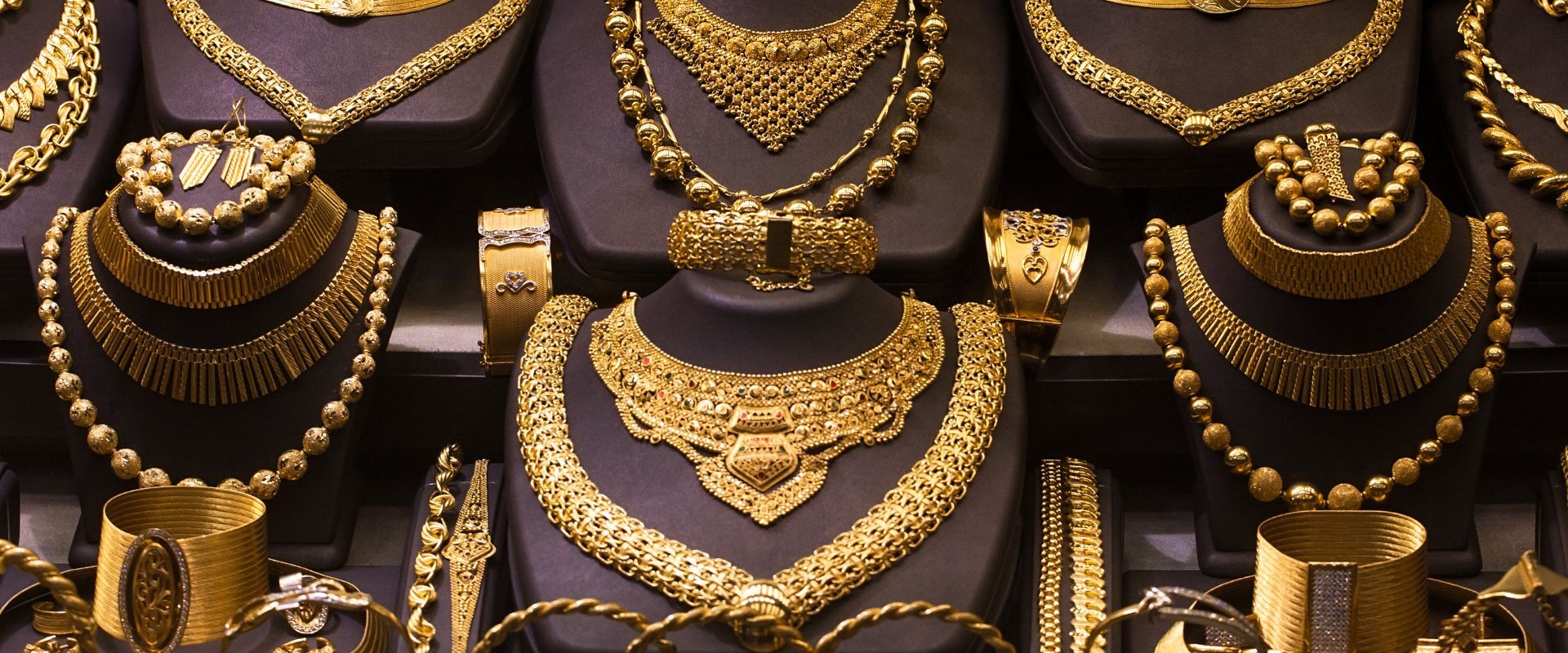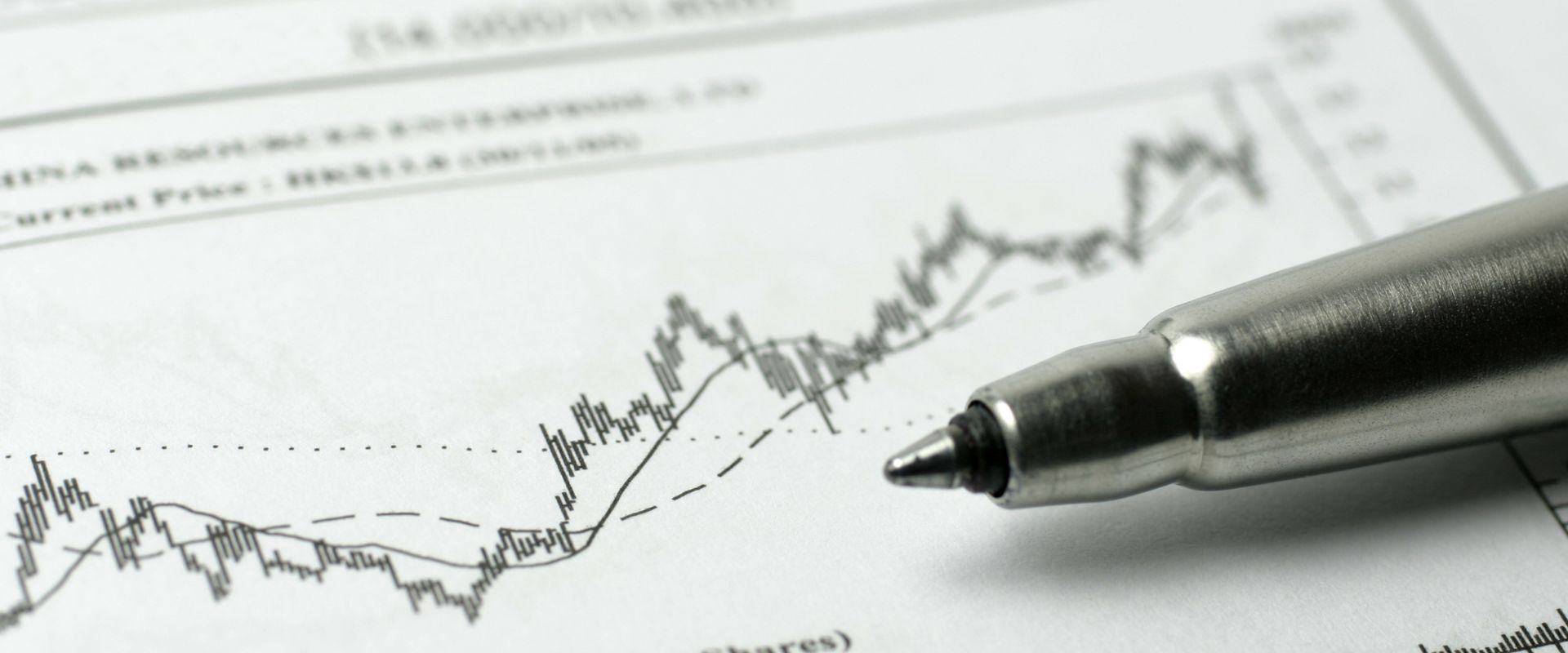Brazil’s illegal gold mining industry rakes in around $2 billion annually, but at what cost? Unregulated mining practices damage Brazil’s Amazon rainforest, harm Indigenous communities, and cause workers to risk their lives every day. Now, Brazil is cracking down on illegal gold miners in an attempt to preserve the rainforest and meet international standards.
Itaituba, the center of Brazil’s gold-mining activities, sits at the heart of the Amazon rainforest. The gold nugget city’s legal mining activities have slowly dwindled over the last decade, leaving space for a new, more lucrative market.
With gold prices surging on an international scale and relaxed environmental laws in Brazil, illegal miners face minimal reasons not to continue their trade in Itaituba. The local government even passed a bill around 10 years ago that many call the good faith law, allowing gold buyers and sellers to easily cover their illegal activities, making Itaituba the perfect space for gold trade.
Following the good faith law, buyers simply trust the seller’s word that the gold came from a legitimate source. No one has to provide any documentation or proof.
By February of this year, the Supreme Court of Brazil finally suspended the good faith law requiring the government to create new legislation on gold trading. The new legislation has yet to pass through Congress, so the illegal actions have continued, outproducing any legal operations.
According to Larissa Rodrigues of Instituto Escolhas, 54% of Brazil’s gold came from tainted sources in 2021. This 54% accounted for $2.5 billion in Brazil’s gold trading industry. The good faith bill clearly accounts for more than half of the industry’s profits despite it supporting organized crime.
Without regulations, illegal mining activities can negatively impact the environment and local communities. Over the past 10 years, the good faith law has caused deforestation to explode in Brazil.
Mining processes have polluted Amazonian rivers, tainting Indigenous communities’ food supplies and drinking water with mercury and other harmful substances. Now, locals have turned to eating specific types of fish that only eat berries, rather than other fish, to reduce risks of mercury exposure.
The Indigenous communities are celebrating the new leftist President, Luiz Inacio Lula da Silva, who has vowed to end Amazon deforestation by 2030. Unfortunately, President Luiz Inacio Lula da Silva is receiving backlash for his increased actions against illegal gold mining as well.
Itaituba’s Mayor, Valmir Climaco, believes the increased crackdown will harm the town’s livelihood rather than help it. This backlash likely explains why the bill is still sitting in Congress.
If passed, the new system will require sellers to provide electronic receipts identifying a name and tax number, the mine where the gold was extracted, and the mine’s authorization number. Rather than just offering the seller’s word, this new extensive requirement would prevent illegal mines from selling gold. Using electronic receipts would help Brazil’s central bank track and locate all current illegal mining activities so they can shut down the unauthorized practices.
The central bank stated that its goal was to create “a new inspection system that allows the traceability of the gold extracted, as well as the adoption of electronic invoices.”
Brazil’s National Mining Agency only has five members, which explains the lack of a current proper inspection system. The regulation team does not have enough resources to adequately verify piles of paper receipts, so an electronic system would make a lot more sense.
The situation in Brazil has gotten so bad that the country’s own central bank no longer knows whether it’s purchasing legally produced gold.
Earlier this year, the new leftist government launched an operation to remove around 20,000 miners from the Yanomami reservation that borders Venezuela following a medical emergency that arose from malnutrition-related deaths.
With the new leftist President Luiz Inacio Lula da Silva in charge, we’re beginning to see changes. Whether or not the promise to end deforestation by 2030 will actually happen has not yet been confirmed, but we do know that Brazil’s government will no longer accept the good faith law.
As other nations around the globe increase their regulations on safer mining practices, the industry’s standards are finally being set higher. For example, the Ministry of Economy also recently began cracking down on UAE gold supply chain transparency issues to prevent money laundering and terrorism financing.
“We are living in a new era, and we get that laws have to be followed now,” Carrie Kahn, NPR’s International Correspondent in Rio de Janeiro, Brazil, stated.








